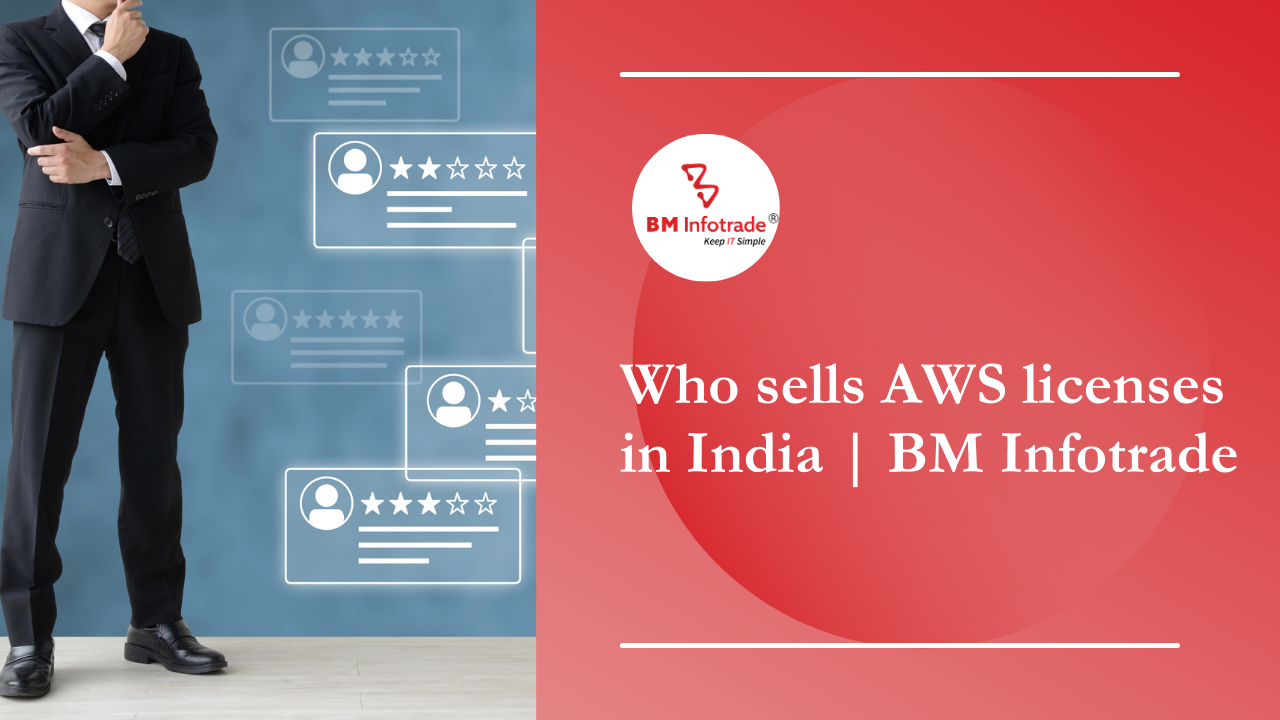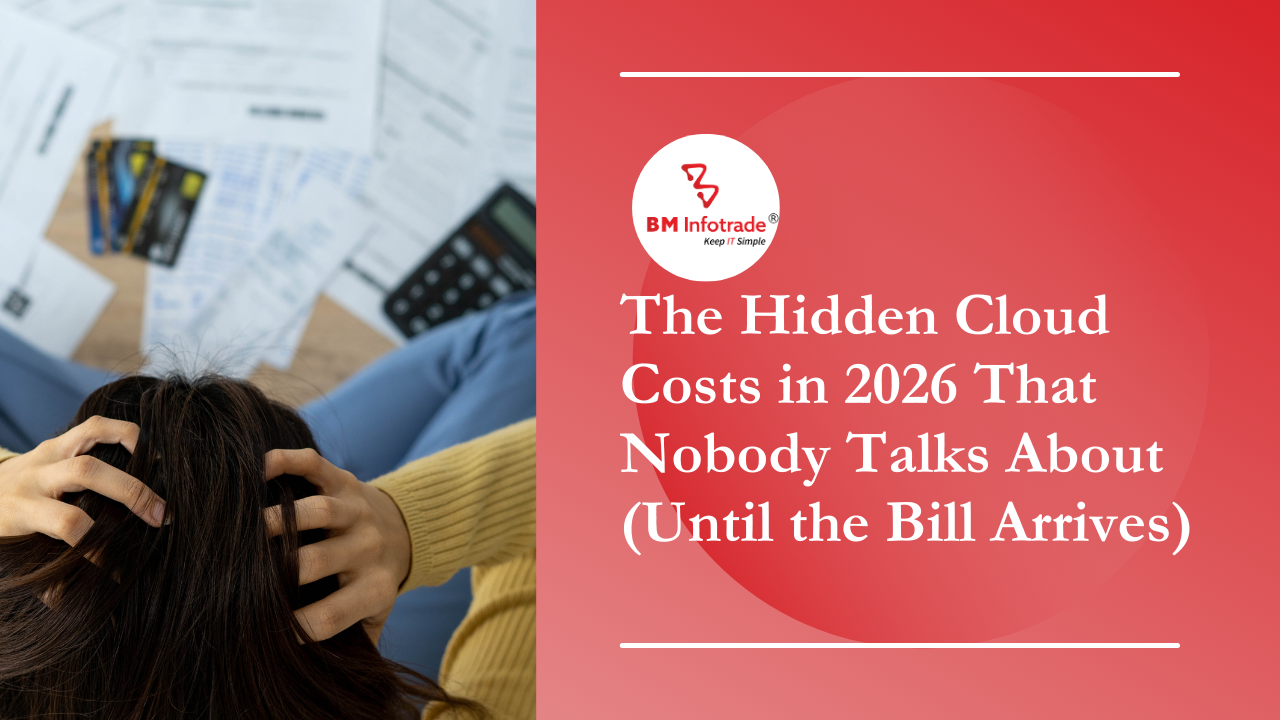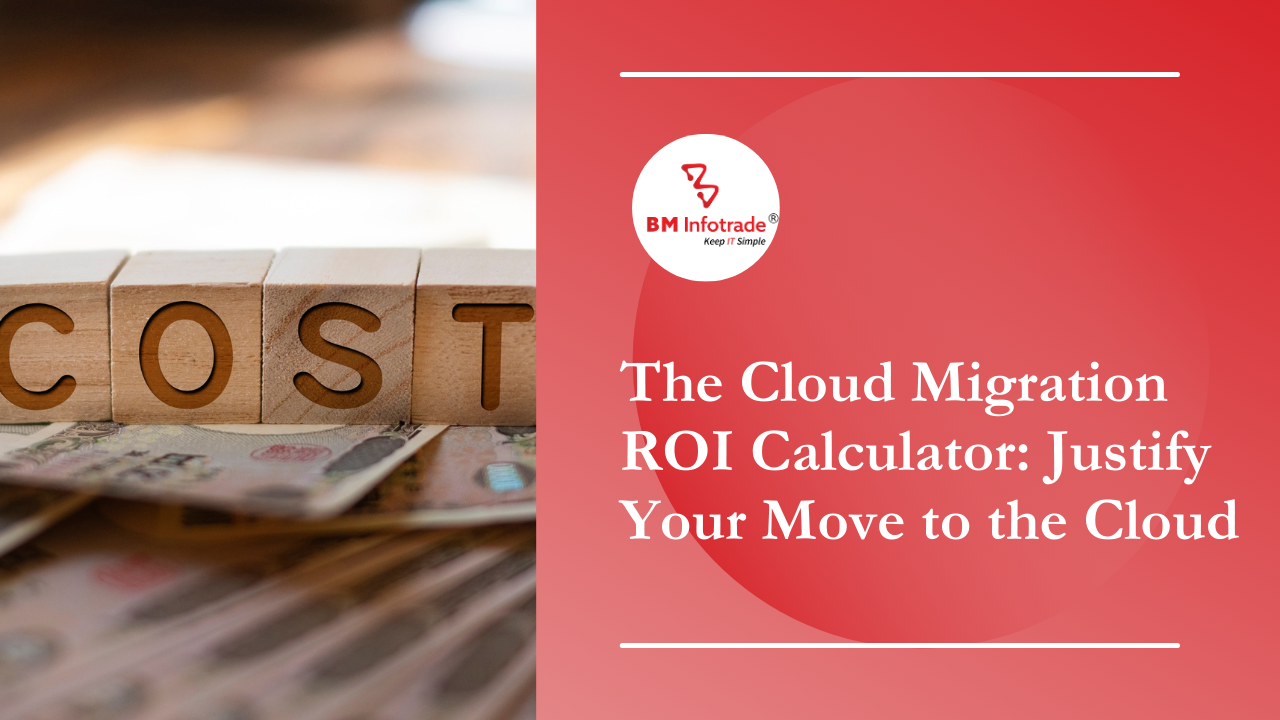What is Private Cloud… Start your cloud journey
Discover what a private cloud is and how it can benefit your organization. Learn about key features and advantages that will help you start your cloud journey.

What is Private Cloud… Start your cloud journey
Table of Contents
A private cloud is a computing model that provides a private setting exclusive to a single company. Similar to other kinds of cloud computing environments, private clouds use physical components that are kept on-site or in a vendor's datacenter to deliver expanded, virtualized computing resources.
A private cloud deployment's increased level of control for the organization is one of its main benefits. Because only one business has access to the private cloud, that business can customize the environment and manage it in a way that is especially suited to its particular computing requirements.
A private cloud strategy may include hardware hosted by a cloud service provider or locally at a facility owned by a company. . Although virtual private clouds are frequently financed on a rolling basis, provisioned hardware and storage configurations maintain the advantages of a secure, private network.

Advantages of Private Cloud
Private cloud solutions add value to an organization by virtualizing cloud computing processes much more effectively than traditional virtualization. Among the main benefits are:
Security and compliance:
Compliance is crucial for companies doing business in highly regulated sectors. Because sensitive data is stored on hardware that is inaccessible to outsiders, private cloud infrastructure enables organizations to adhere to stringent regulations. Both hosted services and on-site hardware installations offer this benefit.
Customization:
Organizations using the solution can completely customize private clouds. An on-site cloud architect builds a fully private cloud, allowing stakeholders to specify the precise environment required to run proprietary applications. Private clouds that are hosted provide the same benefits without requiring on-site setup. The company then collaborates with a vendor to set up and maintain a cloud for sole use by the business.
Hybrid integration:
To maintain uptime without the need to add more physical servers, hybridization expands the resources of the private cloud into a public cloud when an application needs more computing power. Organizations that require the security of a private cloud but still need other functions to function with the power of the public cloud may find this to be a cost-effective solution.
Read more: Workload migration- The best cloud storage services in the world
Why use a private cloud?
Which is better, private cloud vs. public cloud?
The same security and control are provided by private clouds as by conventional on-premises infrastructure. The following list of factors influences why businesses choose private cloud computing:
Security:
Since an organization's own transactions are typically the only ones sent to a private cloud, security is improved. Public cloud providers must manage simultaneous traffic from millions of users and transactions, increasing the likelihood of malicious traffic. The organization has better control over the server, network, and application security because private clouds are made up of dedicated physical infrastructure.
Predictable performance:
Workload performance is predictable and unaffected by other organizations sharing infrastructure or bandwidth because the hardware is dedicated rather than multi-tenant.
Long-term cost savings:
Building the infrastructure necessary to support a private cloud can be expensive, but it can be worthwhile in the long run. A private cloud can be used by an organization if it already has the necessary network and hardware for hosting.
Predictable costs:
The costs of using public clouds can vary greatly depending on usage, storage costs, and data egress costs. No matter what workloads an organization runs or how much data is moved, private cloud costs remain constant month to month.
Regulatory governance:
Rules like the EU's GDPR may specify where data is stored and computing takes place. It might be necessary to use a private cloud in those areas where public cloud providers are unable to provide service. In order to guarantee that they have total control over personally identifiable or sensitive information, organizations with sensitive data, such as financial or legal firms, may choose private cloud storage.

What is a private cloud example?
The consolidation of resources in a data center into a single pool of resources is known as private cloud architecture. Organizations boost the effectiveness and utilization of their private cloud infrastructure by virtualizing the hardware components. Leading software providers like VMware, Microsoft, and others offer private cloud solutions, and Red Hat, OpenStack, and other providers are examples of private cloud. It offers enterprise-grade open-source alternatives.
Utilizing virtual machines and software-defined networking (SDN), private cloud solutions enable businesses to design data centers (VMs). A private cloud can span the global network to include numerous server locations or rented space in global colocation facilities. Private cloud solutions offer the software tools for intricate network orchestration on bare-metal servers where the security of data can be directly managed on a company's property.
Private clouds come in a variety of forms and offer various services. For instance, the cloud may house storage, networking, or compute services when a business uses a private cloud for infrastructure as a service (IaaS). Platform as a Service (PaaS) applications, which function just like standard software programs hosted on a local computer, can also be supported by private clouds.
A private cloud instance that is hosted by and situated inside the network of a public cloud provider is known as a virtual private cloud. This is different from other kinds of private clouds in that it's not housed in a company's own facilities or with a colocation provider.
A hosted private cloud can be located on-site or in a data center and is hosted by the cloud provider. The cloud service provider is in charge of managing these resources, which are not shared with other businesses. The cloud provider is in charge of all updates, upgrades, and maintenance.
A managed private cloud transfers many of the management duties to a different hosting provider. The provider manages the private cloud's hardware, software, networking, and operations and may also provide other value-added services like backup and business continuity.
Read more: Hybrid Cloud-Cloud storage is all you need
Conclusion:
A private cloud may be less dangerous than a public cloud. Organizations must proactively guarantee that security is strong and current in order to benefit from private cloud services. As long as a business is vigilant about security, the private cloud can offer several security advantages.





![Cloud Licensing and Compliance Made Easy [All-in-One Bundle]](https://bminfotrade.com/assets/upload/blog/21851766642757.png)

Anshul Goyal
Group BDM at B M Infotrade | 11+ years Experience | Business Consultancy | Providing solutions in Cyber Security, Data Analytics, Cloud Computing, Digitization, Data and AI | IT Sales Leader